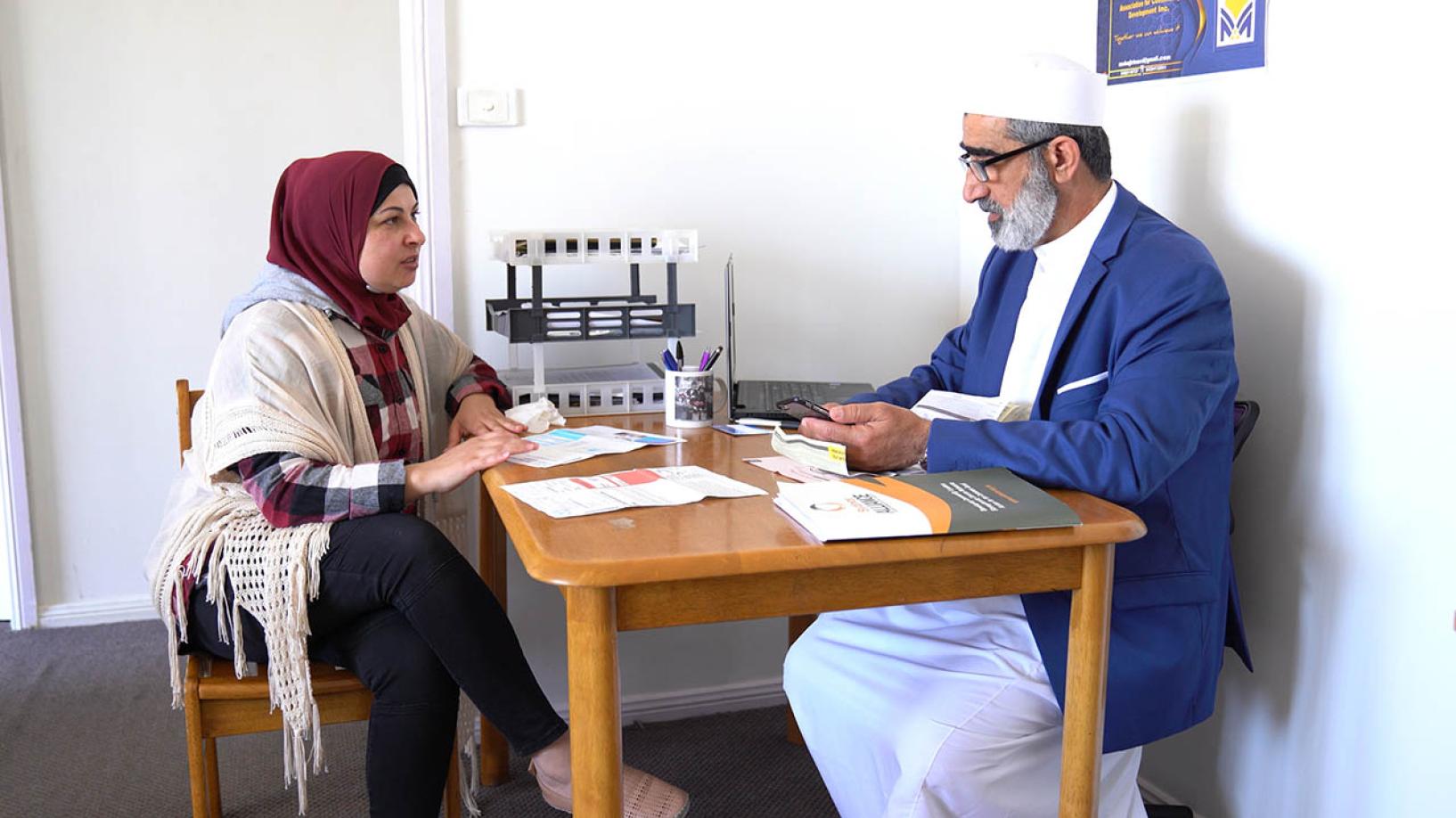The gaps between industry assumptions and the lived experience of consumers are becoming more evident as energy leaders grapple with the creation of a fit-for-purpose future energy system. As the national voice for all energy consumers in Australia, we are conscious of the importance of ensuring that the needs and expectations of our diverse and ever-changing population are catered for.
When you consider that seven million Australians (27%) speak a language at home other than English, and one third of Australians were born overseas, this demographic cannot be overlooked when making decisions or communicating change. Complexity of information generally reduces the ability of consumers to make choices in their best interests. For Culturally and Linguistically Diverse (CALD) consumers this often increases exponentially due to language difficulties, especially in the often-complex field of energy.
Stage one of this joint project by the University of Sydney and the Queensland University of Technology involved evaluating the overall narrative of how the industry are speaking to consumers through an in-depth Discourse Analysis. This analysis involved study of publicly available documents from government and industry to understand the prevailing energy policy and program narratives being projected to all Australian energy consumers. The Discourse Analysis is an important piece of foundational work that serves as critical background when uncovering how to best to connect and engage CALD consumers in Australia, who may find ascending to these expectations even more difficult than consumers that speak English at home.
In the Stage one Discourse Analysis Associate Professor of Narratology, Tom van Laer uncovered that these policies are asking us to become more responsible and more aware of our energy use, pitching the idea of an ‘ideal’ energy consumer who goes through a "Hero’s Journey". By constructing consumers as protagonists undertaking this journey, consumers become the central problem-solving agents responsible for broad social issues within the energy system. For a number of reasons, it can be impossible for CALD consumers to pursue this in a way that suits them, which leads to the work in Stage two and three of the project where policies and programs will be recommended to help solve this disconnect.
The hope is that with the right information about the diversity of the Australian energy consumer, policy makers will have the tools to think less homogeneously and bring innovative ideas and diverse solutions to diverse problems so that CALD consumers can also participate fully in the energy market.
This inclusion is necessary if we want an all-encompassing and fair transition. We look forward to seeing the results of stage two of the research.

